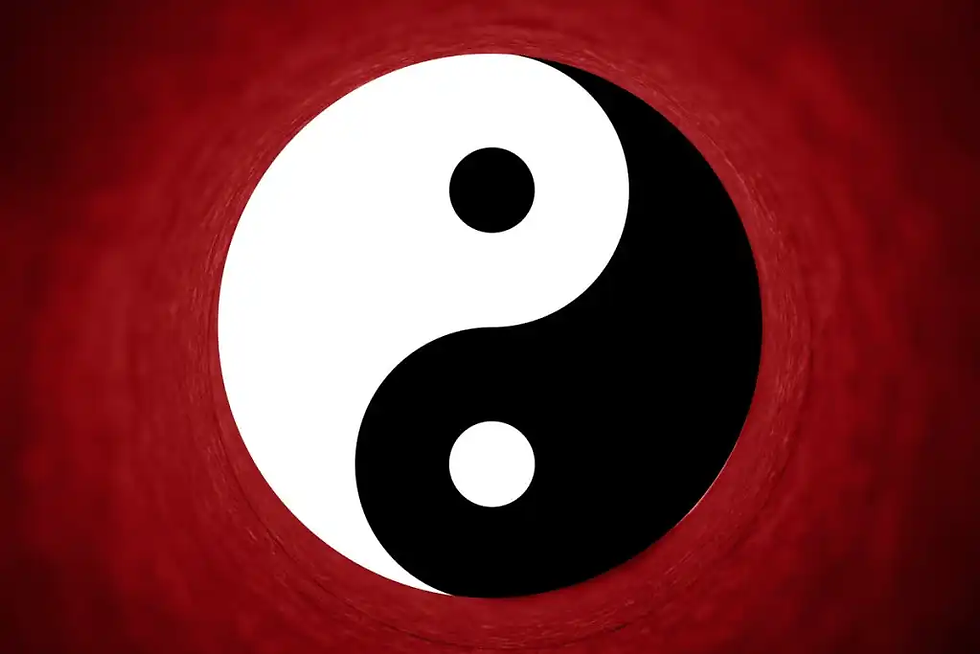Assumptions in Partnerships
- Jaclyn

- Dec 15, 2020
- 3 min read
Updated: Feb 18, 2021
Are assumptions in my partnership a good thing or can they help me in any way? No!
Assumptions are mental constructs we define for ourselves based on ideas, beliefs, and experiences towards someone or something. Usually, assumptions are largely incorrect and when they seem to be correct, they are always self-guided and self-imposed by the subject. What does it mean to be self-guided and self-imposed by the subject? These are terms to explain that the subject (person experiencing the event) is participating in an outcome to a degree that dictates the direction of that outcome. The subject can use his/her past or present experience, current emotional state, or ideas and beliefs to decide to experience a particular outcome- even if that isn’t the outcome that was intended or experienced by the other party (person in the interaction).
When we assume, we are choosing to fixate on a particular outcome for ourselves instead of allowing a myriad of other outcomes to occur. For example, you assume your partner won’t do the dishes because he/she hasn’t done the dishes the past few times. Instead of asking your partner to do the dishes, you naturally assume he/she won’t. Now, you’ve fixated on the outcome that he/she won’t do the dishes and don’t bother to ask. You decide to do the dishes later in the evening. A few hours pass while you run errands and upon returning home, you find the dishes in the kitchen are done. You are surprised. You let your partner know you were not expecting him/her to do the dishes because he/she hasn’t done them last few times. Your partner tells you not to assume his/her past actions dictate or indicate present actions. You take a few moments to reflect on what happened.

This simple example was used to illustrate how basic assumptions can not only be wrong, but how the subject helps choose/dictate/create the outcome. When we assume that we know what our partner thinks or what he/she will do, we are choosing for ourselves an outcome for our partner instead of allowing our partner to choose the outcome for us. Assumptions are self-limiting expectations that rarely give space for any other outcomes to occur, and when other outcomes do occur- we are caught off guard and surprised. Instead of assuming that you know every move your partner will make, ask them. Consider the following self-reflective questions next time you find yourself in an assumption.
What information do I have to assume a particular response, behavior, or action from my partner?
Is this information based on my current emotional state, past beliefs, or past experiences with my partner?
Do I want to choose the outcome in this situation or am I open to allow my partner to choose?
Why not ask my partner and get the clarity I require?
What is the harm of asking my partner?
What is the benefit of asking my partner?
Would I want my partner to assume my behavior, actions, or response?
Is it fair or right that I assume when I don’t have all the information?
It can be very difficult to break the habit of assuming, but it will serve your partnership in profound ways to be open to allowing instead of choosing for your partner. When we are open to allow our partner to participate in the interaction, we are respecting them and their input. When we think we know the outcome, we usually have a hand in self-guiding and forcing an undesirable outcome. Ask and you’ll know. Assume and you’ll never know.
-Jaclyn



Comments